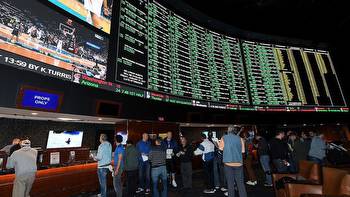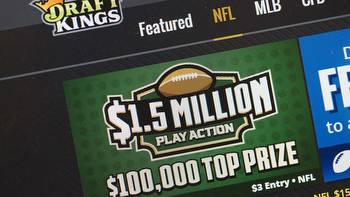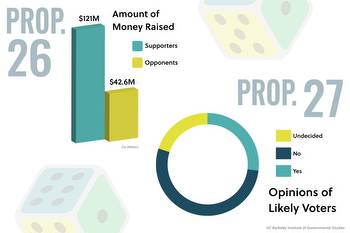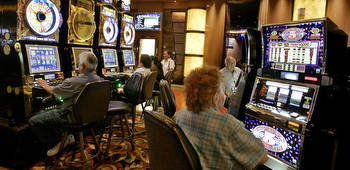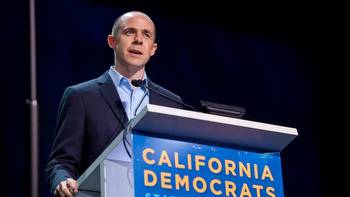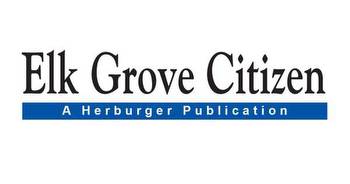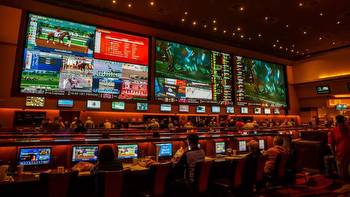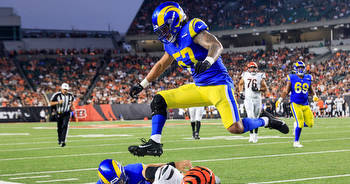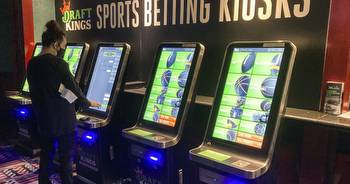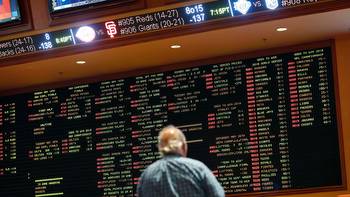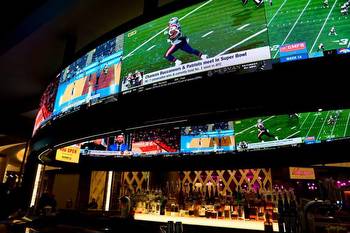Sports betting in California: Fact check- CalMatters
The campaigns for Propositions 26 and 27 on this November's ballot have made a wide variety of claims. The ads are "oversimplified to a point of not being fully accurate," says Mary Beth Moylan. Proposition 26 would legalize sports betting at tribal casinos and at California's four private horse race tracks. Proposition 27 would allow online sports gambling. Three of California’s 110 federally recognized Native American tribes support the proposition. Over 50 tribes and tribal organizations oppose it. They say it would disrupt the gaming that has been operating on tribal lands for decades.
Tribes that have compacts with the state of California that allow them to offer gambling could create their own mobile sports betting app or website. They could also partner with a gaming company that wants to launch online sports bets. The initiative also taxes online betting and sets aside 15% of the money for tribes that aren't involved in sports gambling.
Proposition 27 could generate hundreds of millions of dollars annually to address homelessness. It's unclear to what degree each tribe would benefit. The money would be used to cover new costs related to regulating sports betting. 15% of the money will go to tribes that don't participate in sports gambling and 85% would go for homelessness solutions.
Proposition 27 would generate millions of dollars per year for the state to address homelessness. It's impossible to know exactly how much of that money would go to gambling addiction treatments. If it doesn't, gaming companies headquartered in other states will want to get in on the action. If the initiative passes, it would allow California tribes to offer mobile and online sports betting on their own. They would earn some of the profits. The companies bankrolling the measure have some the most popular online gaming platforms.
The companies funding the campaign are headquartered outside California. It's impossible to know what percentage of profits would go to them. The campaign is based on Proposition 26. Proposition26 allows anyone who believes someone else is breaking California gambling laws to sue. Before they could sue, they would need to ask the state Department of Justice to act.
In 2000, Californians voted to allow tribes to offer certain forms of gambling. Proposition 26 would expand tribes' exclusive rights to do so. It would also allow private trial lawyers to bring cases that are currently under the purview of government lawyers. The campaign hasn't hidden that tribes intend to sue cardrooms, which compete with tribal casinos. Law professor Moylan says the idea that this would unlock a slew of frivolous lawsuits is not true.


